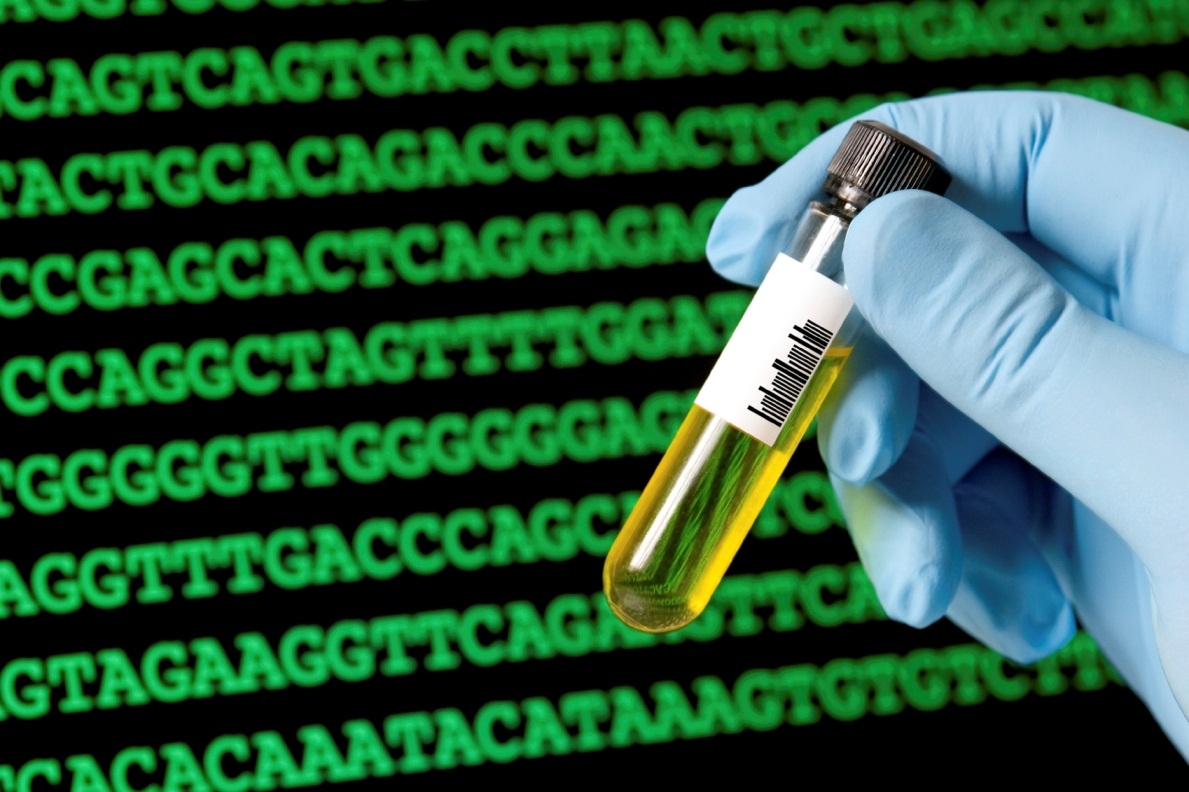Below are a handful of resources to spark your interest and get you started with learning about the world of synthetic biology. Please note that QGEM does not endorse these resources.
Introduction to the World of Synbio

Synthetic biology, or synbio, is about designing functional systems with the tools of life! In its simplest form, it is the combination of specific standard parts, assembly protocols, and genome framework (for example, bacteria or yeast) to create biological systems capable of unique functions. Synbio continues to grow into an important industry encompassing principles from several disciplines, including biotechnology, molecular biology, computer science, and engineering. Biofuels, vaccines, and insulin have all been expressed and purified in various organisms thanks to synbio.
The field of synthetic biology is motivated by multiple interests. Synbio can be viewed as a means to create innovative solutions to current problems. For example, Modular Genetics Inc. has used synbio to approach a two-fold problem. Organic chemicals are predominantly made from petrochemicals, and billions of pounds of soybean hulls are unfortunately wasted each year. Modular has engineered microorganisms that convert soybean by-products to a recyclable form. This reduces dependence on petrochemicals while simultaneously recycling organic waste.

The production of economically valuable products is a growing use of synthetic biology. One such product is isoprene, a chemical used in the synthesis of rubber. Currently, main sources of rubber include rubber trees and synthesis using petrochemicals. The gene for the enzyme responsible for converting dimethylallyl pyrophosphate to isoprene in plants has been isolated and expressed in microorganisms, leading to a cleaner and more environmentally friendly method of extraction!
Synbio has even been used as a means to create art! In 2004, a collaboration between two companies, Florigene Ltd. and Suntory Global Innovation Centre, resulted in the successful growth of a blue rose. Creation of the transgenic blue rose involved expressing a new gene for blue pigment and repression of other plant proteins involved in natural colour production.

When discussing synbio, it would be hard not to mention the International Genetically Engineered Machine (iGEM) competition, the largest annual gathering of synthetic biology enthusiasts! This competition encourages high school and university students to design unique biological systems from standardized parts, called BioBricks. Undergraduate and graduate students select an iGEM subject area (track) for their project focus, which best aligns with the overall application of their project. Tracks range in options from Human Advances to Art & Design. iGEM and synthetic biology give students the chance to let their creativity flourish, and literally bring their ideas to life!